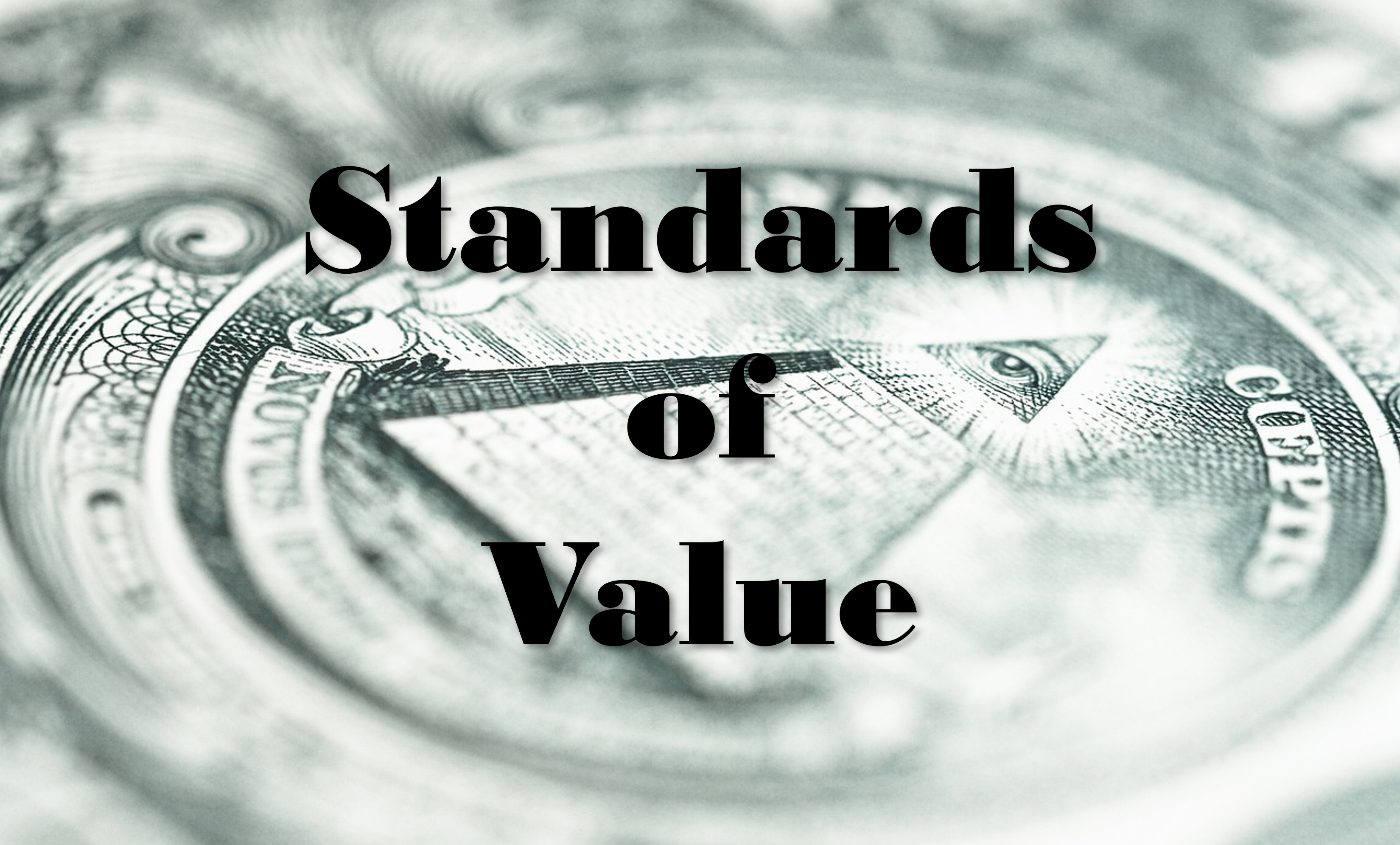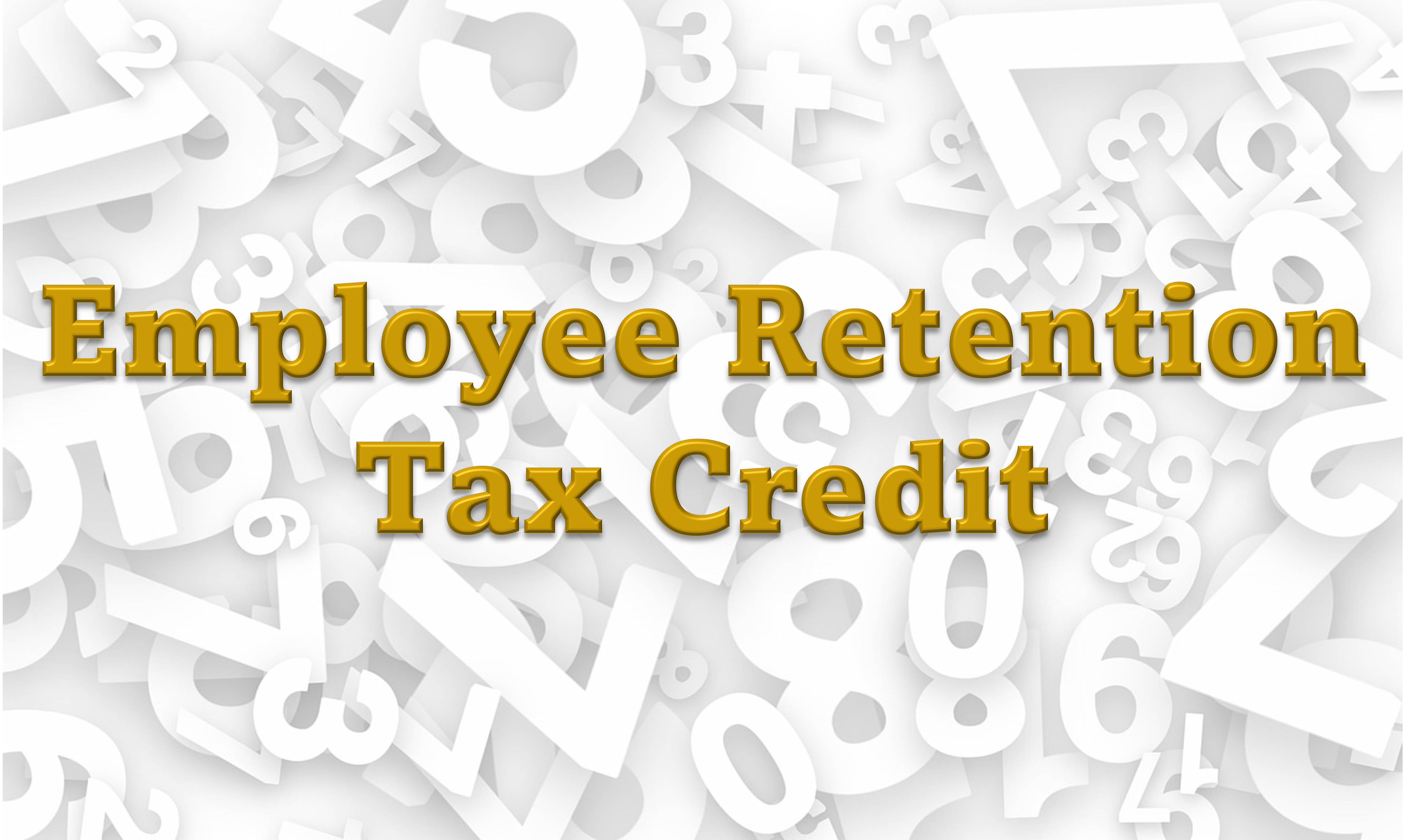When communicating the results of a business valuation engagement, a valuation advisor should ensure that the client understands the “Standard of Value” being utilized. The Standard of Value indicates the assumptions that go into the valuation analysis, and the selection of the Standard of Value depends on the nature of the valuation engagement.
Ahuja & Clark takes time with its clients to walk through the Standard of Value so that they can make informed decisions about their business. This is particularly so in the context of small, private, family-owned companies. These companies do not have a ready market for sale and often come with restrictions (both implicit and explicit) on 1) the marketability of the subject interest and 2) the amount of control a given interest has over the business.
Fair Market Value
The most common standard of value for business valuation engagements is “Fair Market Value.” The IRS defines Fair Market Value in Treasury Regulation §1.170A-1(c)(2) as:
“The price at which property would change hands between a willing buyer and a willing seller, neither being under any compulsion to buy or to sell and both having reasonable knowledge of relevant facts.”
There are explicit elements that distinguish this definition:
- The “willing” buyer and “willing” seller are based on hypothetical investors, and not a specific buyer or seller. Both parties must be rational investors considering all relevant financial and economic considerations. A “willing” buyer is one who is capable of engaging in the transaction as of the valuation date, and is inclined to do so at the right price. A “willing” seller is prepared to sell at the Valuation Date and does not over-value their company based on non-economic considerations, such as sentimental value.
- The buyer and seller must also be under no compulsion to buy or sell. This point means Fair Market Value assumes an arms-length transaction between the parties as of the Valuation Date. Again, this is based on a hypothetical buyer and seller. Neither party must be under any kind of duress. Otherwise, a specific buyer may pay more than the rational price for the asset, or a specific seller may accept less than the rational price for the asset.
- Finally, Fair Market Value presumes both parties have reasonable knowledge of relevant facts. This factor presumes the buyer and the seller both have access to all “known or knowable” facts as of the Valuation Date. Disputes often arise under this factor when post-Valuation Date events affect the value of the business. A valuation analyst can only look at what was reasonably knowable at the time of the valuation.
Generally, Fair Market Value includes consideration of the subject interest’s level of control over the business and whether the business is marketable or not, topics that we will discuss in greater detail in a later blog post.
As stated before, Fair Market Value is the most common standard of value in business valuation. Fair Market Value is the Standard of Value used for:
- Estate and Gift Tax
- Charitable Transfers
- Employee Stock Ownership Plans
- Partner Buyouts
- Mergers & Acquisitions
- Divorce (in Texas)
Fair Market Value is distinguished from other standards of value, such as:
- Under Texas Law, the standard of “Fair Value” is used in forced sales in shareholder dissent cases. Fair Value is defined by the Texas Business Organizations Code § 10.362 to be “the value of the domestic entity as a going concern without including in the computation of value any control premium, any minority ownership discount, or any discount for lack of marketability” [emphasis added]. This effectively means Fair Value is the pro-rata share of the entire entity, without consideration of any specific elements relating to the subject interest.
- “Strategic Value” considers specific motivations of the buyer or seller. In other words, these are not the “hypothetical” buyers and sellers from Fair Market Value. For example, a large corporate buyer within the same industry may be able to realize synergistic benefits from the transaction whereas a strictly financial investor may not see those same benefits.
- “Intrinsic Value” is a term generally used by investment analysts to define value derived from some “objective” model versus the currently-traded market price. As a simplistic example, an investment analyst may believe a stock is worth more than what it is trading for based on its dividend-paying capacity. Intrinsic Value is also used in the context of options trading, where “Intrinsic Value” is the difference between the option strike price and the currently traded price of the underlying stock.
The professionals at Ahuja & Clark have the knowledge and experience to guide you through the valuation process and understand the Standard of Value utilized in our analysis. If you have questions regarding this topic, please reach out to us at (469) 467-4660, or info@ahujaclark.com.






